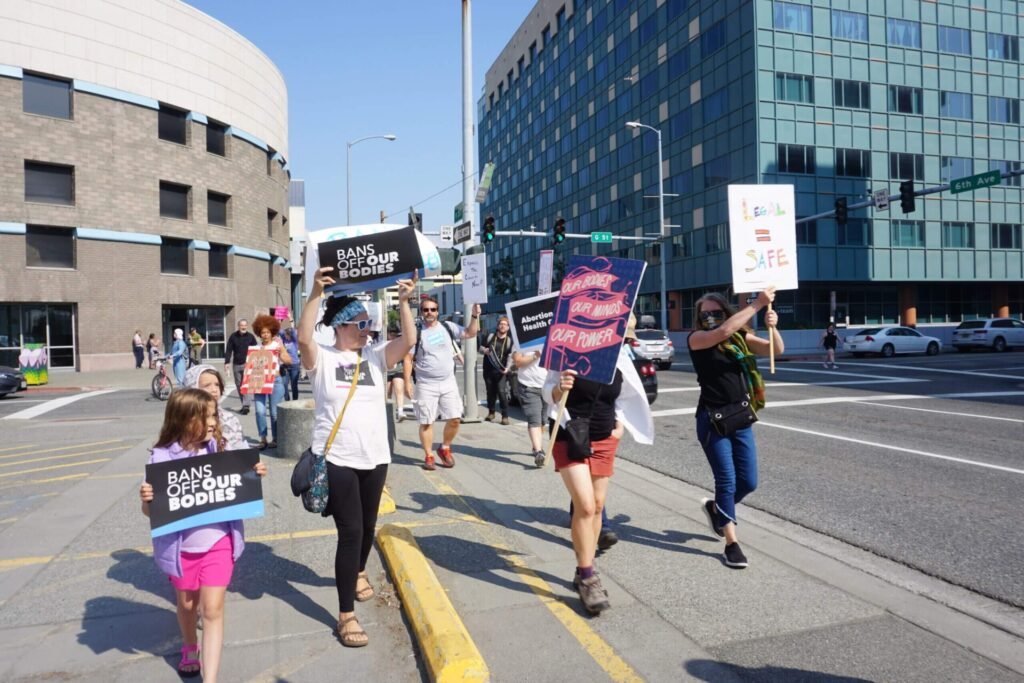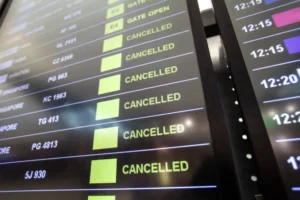Alaska Planned Parenthood closures have become a reality, with the Juneau clinic shutting its doors in December. Rebecca Gibron, President and CEO of Planned Parenthood of the Great Northwest Hawaii, Alaska, Indiana, and Kentucky, cited operational challenges as the reason for the closure.
Gibron explained that the healthcare ecosystem has changed significantly since the pandemic. Workforce and provider shortages, rising costs, and lower reimbursement rates have all taken a toll. As a result, Planned Parenthood is shifting its focus to telehealth services.
However, Gibron noted that access to reproductive healthcare is still a challenge in Alaska. For women seeking an abortion after 11 weeks, travel to Anchorage, Fairbanks, or Seattle may be necessary. Gibron emphasized that Planned Parenthood does not offer telehealth patients the option of a medication abortion in Alaska.
Meanwhile, Alaska lawmakers have attempted to challenge the right to abortion access. House Bill 205, titled the Life at Conception Act, seeks to criminalize abortion entirely. Gibron warned that a federal ruling could also undermine Alaska’s constitutional protection of abortion rights.
In addition, Gibron expressed concerns about the current political climate. She cited relentless attacks from anti-abortion lawmakers and the threat of a national abortion ban. Gibron emphasized that access to reproductive healthcare is essential, stating, “We can’t call ourselves free in this country if we cannot control our medical decisions.”
The Alaska Planned Parenthood closures highlight the need for accessible reproductive healthcare. Gibron stated, “We are still here for our patients, providing care in Alaska, and will continue to do so.” Planned Parenthood remains committed to providing essential healthcare services, despite the challenges posed by the closure of physical clinics. They will continue to advocate for reproductive rights and provide telehealth services to those in need.
This news story was originally published by Alaska’s News Source.











